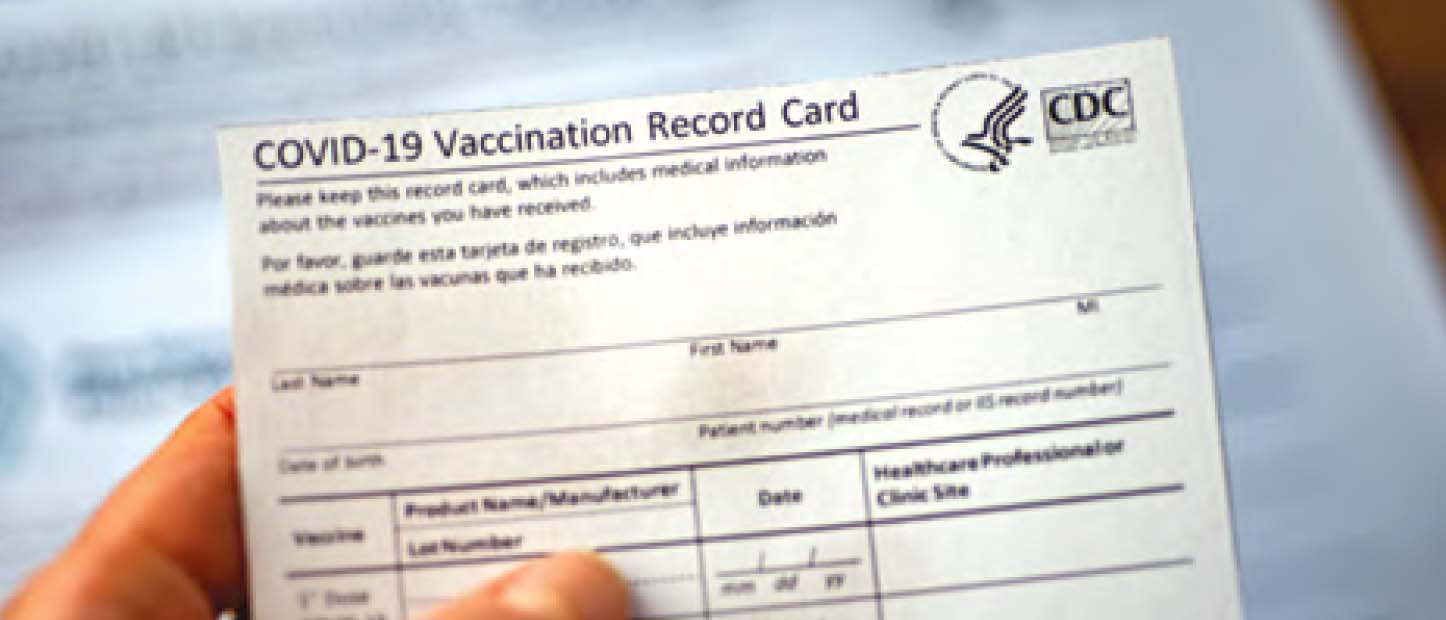
Sleep, Sweat and Eat Away Stress

By Erin O’Brien
All of us in the concrete renovation industry deal with stress—whether it be from demands on the jobsite, at the office or at home, no one is excluded from the variety of stressors brought on by everyday life. Some people are more effective and successful at handling stress than others. However, high levels of stress that are not properly managed can lead to a variety of health problems. High blood pressure, weight gain, disrupted sleep cycles, mood swings and decreased performance at the office or on the jobsite are just a few of these issues.
For many of us, our schedules are packed full each day. We wake up in the morning to take the dog for a walk or get the kids ready for school and then rush to work, where our days are filled with meetings, emails, phone calls or long hours on a jobsite. When work is finally done for the day, it’s off to pick up the kids, run errands, make dinner or one of many other things that are required of us. There never seems to be enough time in the day. So we make time by getting up early, skipping meals or picking up unhealthy takeout or drive through, skipping a workout and going to bed late. The problem begins when these bad habits start to affect our stress levels—lack of sleep compounded by unhealthy eating habits and a lack of physical activity increase our stress levels which just leads to more unhealthy behaviors. It’s a vicious cycle! Below are five areas to focus on to help reduce your stress levels and avoid making it worse.
Don’t Sacrifice Sleep to Get Things Done
Learn to identify the stressors in your life and figure out ways to manage them. One of the most common stressors is a lack of sleep. Adults typically need between seven to nine uninterrupted hours of sleep per night. We may not all be able to achieve that, but it is important to get as much sleep as you can. Your health and well-being depend on it. It’s tempting to trade that extra hour of sleep to get other things accomplished, but a lack of sleep ramps up sympathetic nervous system activity, pushing us into the “fight or flight” response. We are then less able to calm ourselves and balance our thoughts and emotions. Sleep deprivation also increases body fat levels, especially around the midsection. Abdominal body fat can increase the risk for developing diabetes, obesity, heart disease and premature death. No matter how well you eat or how much you exercise – if you aren’t getting enough sleep, you may never be able to lose your love handles or get the six-pack you’ve been working so hard for! Sleep is one of the best ways we have to help the body recover from stress.
Avoid or Limit Drinking Caffeine for Energy
When we don’t get enough sleep, most of us feel tired and lethargic, so we turn to caffeinated beverages for that boost of energy we need. Coffee, sodas and energy drinks all contain caffeine and are popular morning and afternoon energy boosters. While caffeine can temporarily increase energy and alertness, it also raises blood pressure and stimulates the release of stress hormones cortisol and adrenaline. Cortisol also plays a role in weight gain, as it triggers your body to store additional fat. Caffeine in small amounts is okay, just avoid large doses or consuming more than one or two cups of coffee per day. Avoid energy drinks all together, as they have been shown to cause much more harm to your body due to their additional ingredients (read The Dangers of Energy Drinks from the March 2013 issue of Concrete Openings).
Make Time for Meals
Cortisol is not just released when we’re stressed or drinking a caffeinated beverage. It is also released when we do not eat for long periods of time, convincing our body that it is starving. So if you are skipping meals because you are trying to lose weight or simply don’t have time to eat, when you finally do eat a meal (usually a large meal because you are so hungry), your body will store all of that fat for the next famine. All meals do not have to be three-course complicated meals. Simply eating small meals and snacks every three to four hours will help maintain your blood glucose levels, keeping you from feeling hungry and avoiding the release of cortisol. These meals and snacks should contain healthy fats, protein and fiber.
Refrain from Turning to Comfort Foods
Another note on cortisol – during the flight or fight response, its job is to replace lost energy in the most effective and efficient way possible. This makes us seek out the most energy-rich sources of food available – sugar and fat. Which then makes us seek out comfort foods – potato chips, chocolate, ice cream, pizza, fast food, etc. All of this extra sugar and fat increases the body’s fat storage and makes it harder to keep off or lose weight. Keep healthy snacks prepared and handy in case of a food emergency, and again don’t go too long between meals.
Prioritize Workouts
Besides getting enough sleep, physical activity may be the most important thing you can do to minimize and manage your stress levels. A good workout increases lots of feel-good hormones in your body that will also burn up excess levels of cortisol. When you find yourself getting stressed, even a quick 30-60 second bout of exercise can produce these hormones. If you’re at a desk, squats, pushups, jumping jacks or a quick yoga session will do the trick. If you have a bit longer, several 10-minute periods of moderate activity can be just as effective as a 30-minute gym session. Run the stairs, take a brisk walk at lunch or just walk down the hallway to talk to a co-worker instead of sending an email. Swing by the water cooler and fill up your water bottle while you’re at it!
As tempting as it is to grab takeout after a long day and relax at home with a glass of wine, beer or liquor, try incorporating some of these tips into your daily routine and see how much better you feel. You should find yourself sleeping better, feeling better and looking better! Small changes are better than none and, over time, lead to a healthier lifestyle with much less stress.














